The llama made marmalade, marmalade jam.
Marmaduke Duck and the Marmalade Jam, Juliette MacIver and Sarah Davis (Illustrator)
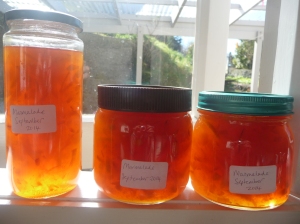 Well, I did it. I made marmalade. It’s like I joined the matrilineal mafia in one long evening of chopping, stirring, sugaring, boiling, testing and bottling. When I say “I”, I’m lying. I did the chopping, slicing grapefruits, a couple of oranges and some lemon into fine golden slivers, and I added the sugar and water and turned it all on. I washed the jars and put them in a low oven, and I poured the final product into the jars, screwed on the lids and wiped down the benchtops, but Ian led the charge on the stirring and testing regime, which I nearly fucked up by removing a pile of cold plates from the fridge at the tail end of the process when we were both hot, tired, frustrated and TOTALLY OVER IT ALL. And then, BOOM, we had a beautiful collection of jars filled with glowing, softly jellied, sweet, sour goodness. Jam —and all its kin — is magic.
Well, I did it. I made marmalade. It’s like I joined the matrilineal mafia in one long evening of chopping, stirring, sugaring, boiling, testing and bottling. When I say “I”, I’m lying. I did the chopping, slicing grapefruits, a couple of oranges and some lemon into fine golden slivers, and I added the sugar and water and turned it all on. I washed the jars and put them in a low oven, and I poured the final product into the jars, screwed on the lids and wiped down the benchtops, but Ian led the charge on the stirring and testing regime, which I nearly fucked up by removing a pile of cold plates from the fridge at the tail end of the process when we were both hot, tired, frustrated and TOTALLY OVER IT ALL. And then, BOOM, we had a beautiful collection of jars filled with glowing, softly jellied, sweet, sour goodness. Jam —and all its kin — is magic.
When Mum died, I thought we’d finish the last jars of marmalade, then never eat it again. I couldn’t imagine making my own, and store-bought seemed like a sacrilege. My childhood was filled with marmalade, with the hunt for pulp in the freezer section of every supermarket, with weekend afternoons in the kitchen, the sweet, steamy smell of sugared citrus all around me, with a pantry full of agee jars, with toast and marmalade at the sticky heart of every breakfast.
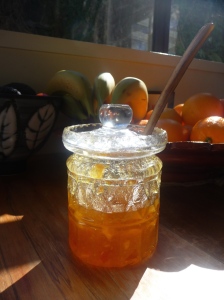 Then a little while ago, I inherited my grandmother‘s marmalade jar, one of the few remnants of her rich, full life to pass to our side of the family. It sits in my cupboard, pushed back out of the way of clumsy hands, and comes out each morning, bringing a little grace and history to our bright, battered kitchen table. I’ve been buying marmalade, trusting in a facsimile to carry the past for me, which it does, a bit, through the alchemy of an old jar, sunlight, butter.
Then a little while ago, I inherited my grandmother‘s marmalade jar, one of the few remnants of her rich, full life to pass to our side of the family. It sits in my cupboard, pushed back out of the way of clumsy hands, and comes out each morning, bringing a little grace and history to our bright, battered kitchen table. I’ve been buying marmalade, trusting in a facsimile to carry the past for me, which it does, a bit, through the alchemy of an old jar, sunlight, butter.
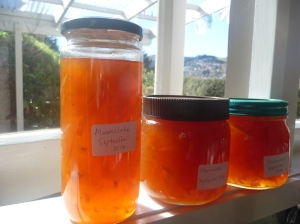 But now I’ve made the real thing, and how much more powerful that alchemy is when you add effort, love, a mess created and cleared, the lessons I should have learnt while I still had the teachers. I’ve been making oatcakes too, a sort of light, crisp, aniseedy alternative to the stock-in-trade porridge and toast I grew up on. Put butter on one of those babies, add a spoonful of marmalade, pour fresh coffee, sit in the sun, and you’ve got a fine breakfast on your hands, my friends. A fine breakfast, some gentle ghosts, a lick of the past.
But now I’ve made the real thing, and how much more powerful that alchemy is when you add effort, love, a mess created and cleared, the lessons I should have learnt while I still had the teachers. I’ve been making oatcakes too, a sort of light, crisp, aniseedy alternative to the stock-in-trade porridge and toast I grew up on. Put butter on one of those babies, add a spoonful of marmalade, pour fresh coffee, sit in the sun, and you’ve got a fine breakfast on your hands, my friends. A fine breakfast, some gentle ghosts, a lick of the past.


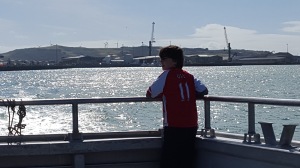

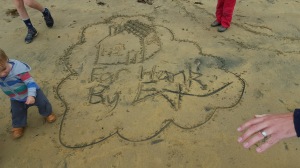

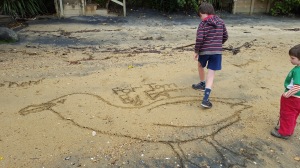

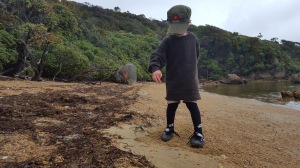

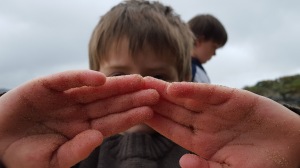
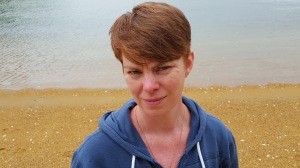
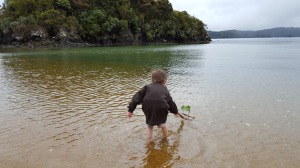
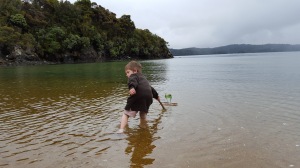
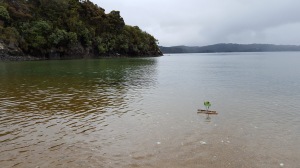
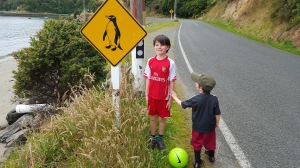
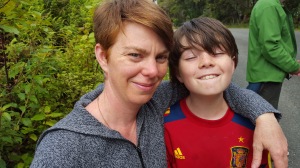
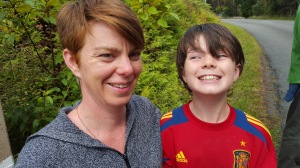
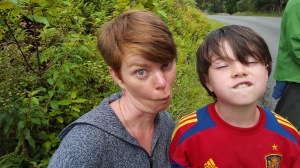
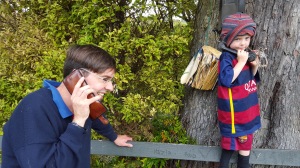

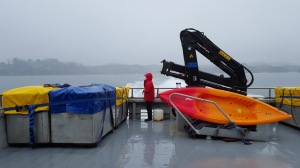



 Then a little while ago, I inherited
Then a little while ago, I inherited 